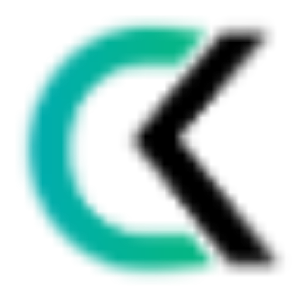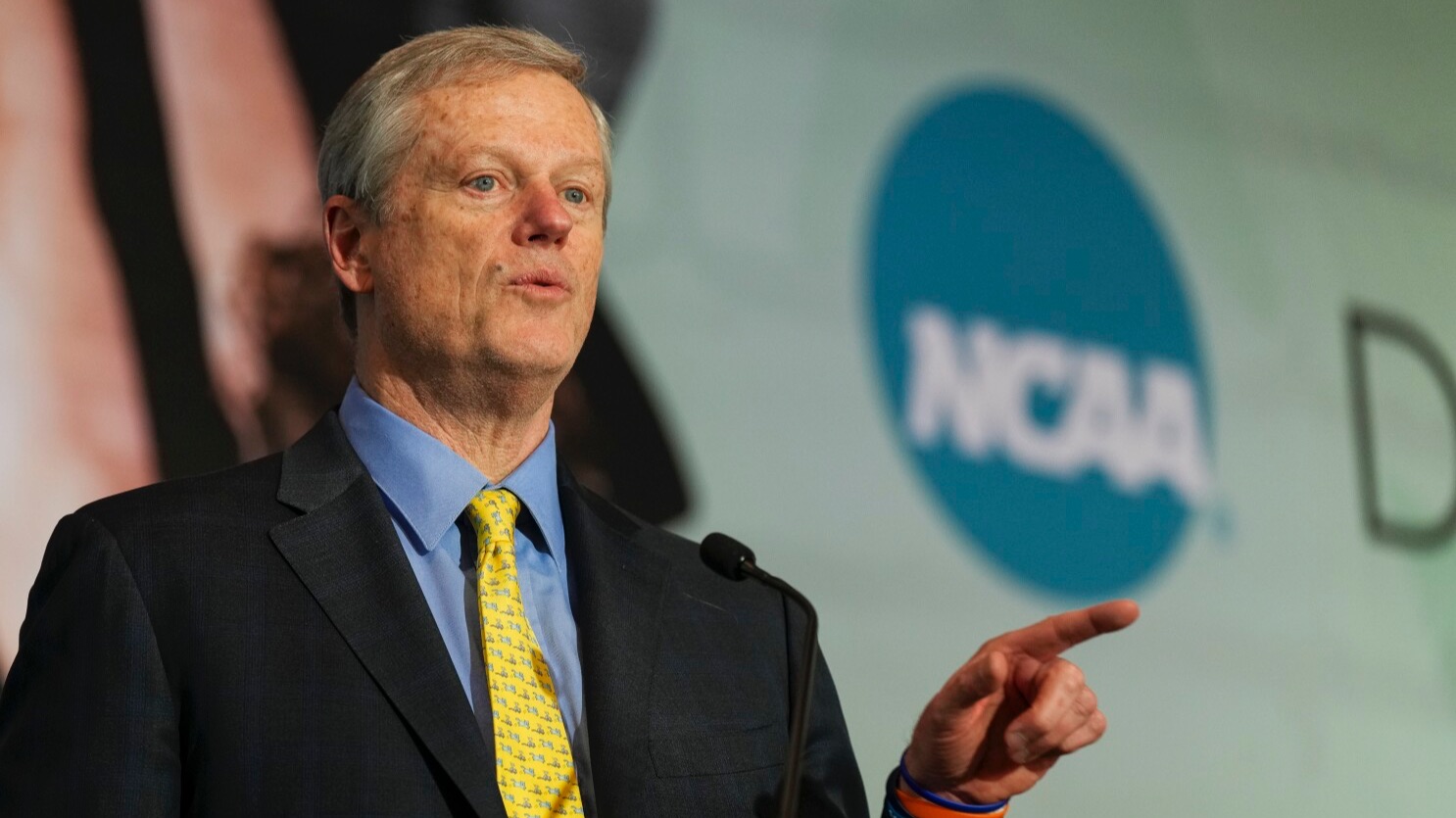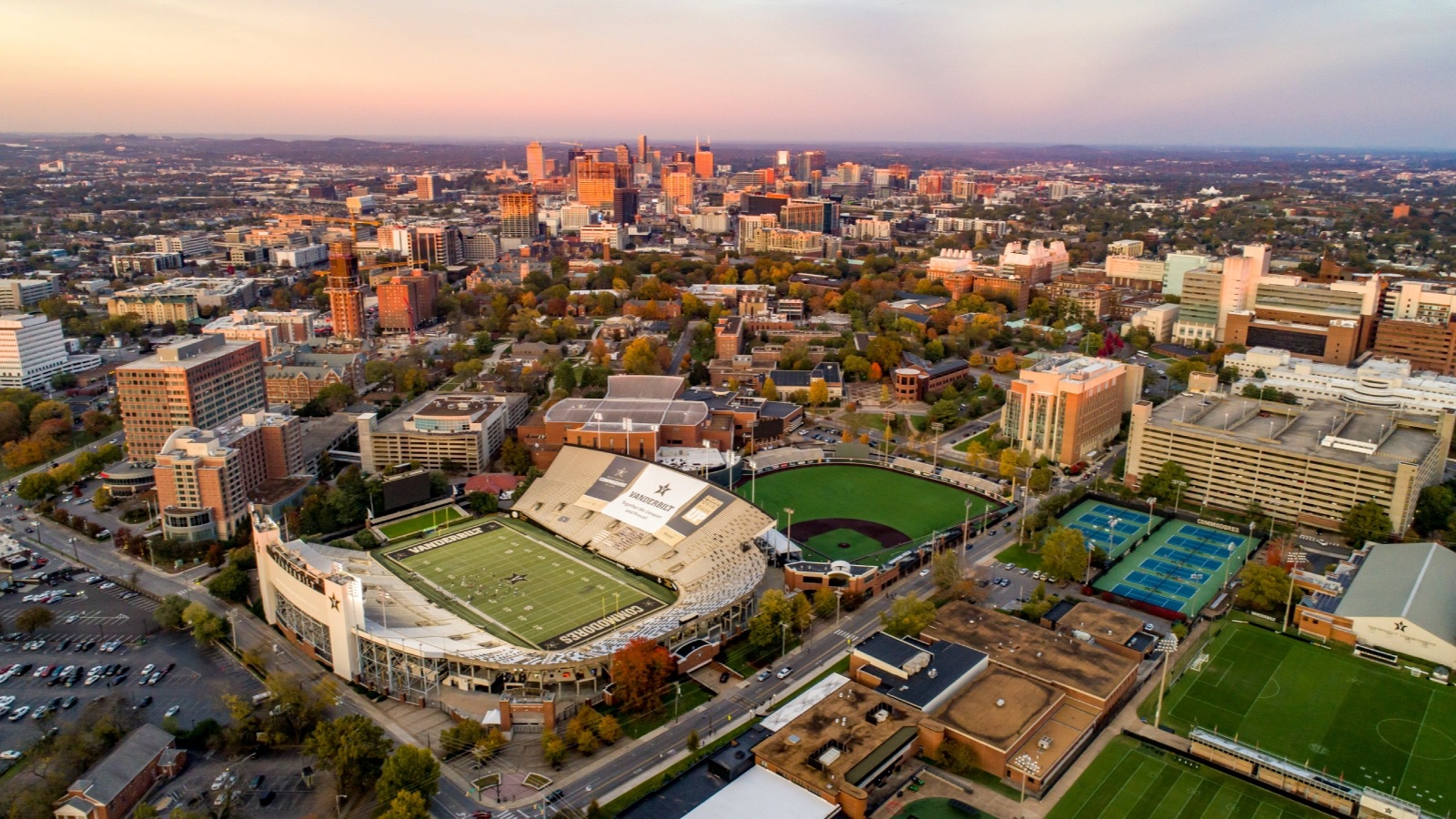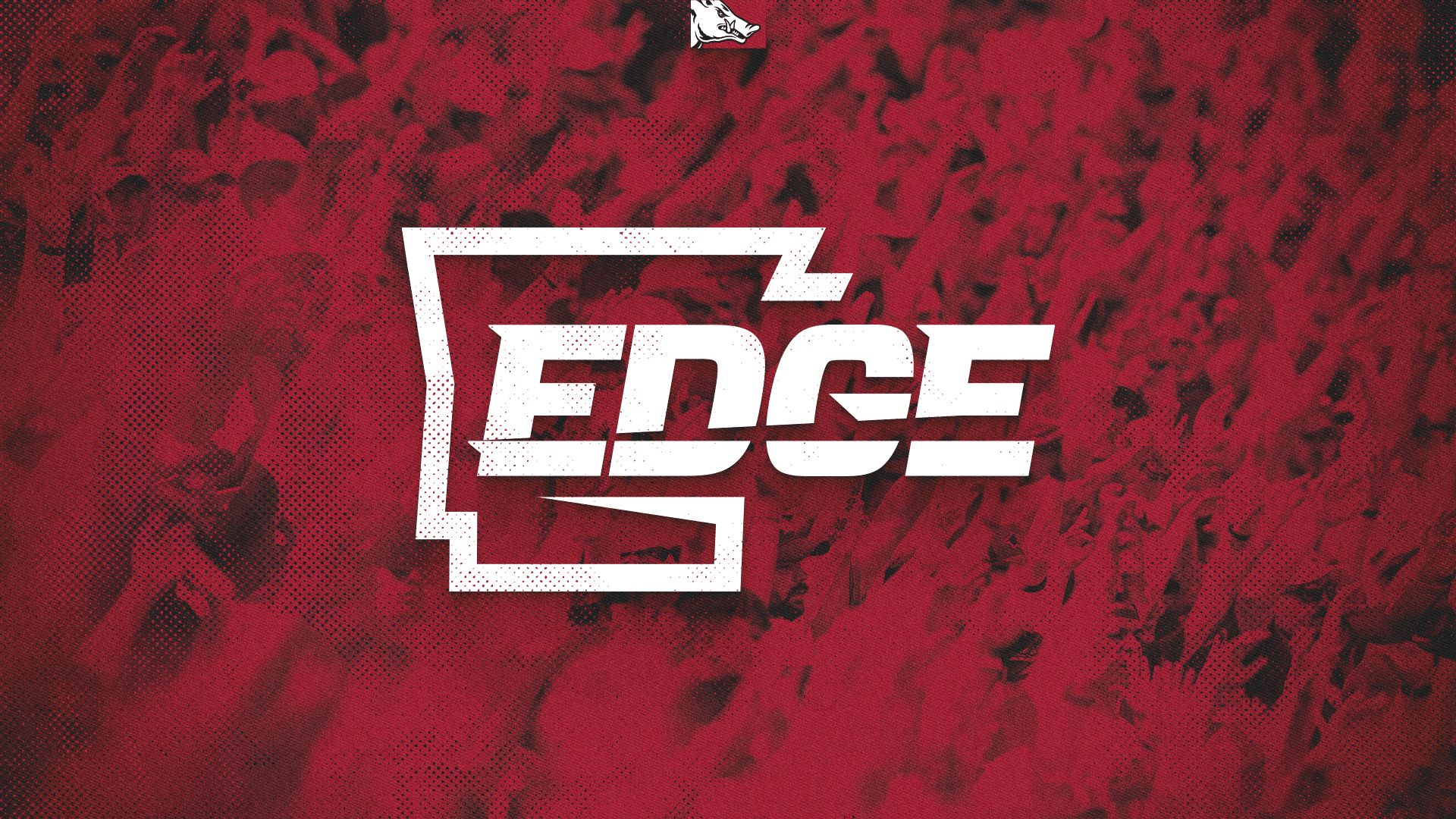Former Villanova basketball star Kris Jenkins sues NCAA
Apr 14, 2025Below are the top NIL headlines from April 13th:
Kris Jenkins Lawsuit Against NCAA: Challenging NIL Restrictions
Former Villanova basketball star Kris Jenkins has filed a lawsuit against the NCAA, arguing that they unlawfully denied him NIL opportunities during his college career. The lawsuit claims that NCAA eligibility rules violated antitrust law by preventing Jenkins from profiting from his NIL.
Plaintiff's Argument: Antitrust Violation
Jenkins' legal argument, similar to other cases, asserts that the NCAA's restrictions on NIL activities infringe upon antitrust law. He relies on the concept of the "right of publicity," arguing that he should have been able to control and profit from the commercial use of his identity.
Plaintiff's Profile and Lost Opportunity
Jenkins highlights his prominence as a Villanova player, particularly his game-winning shot in the 2016 national championship, to emphasize his potential for lucrative NIL deals. He argues that the NCAA's rules prevented him from capitalizing on this fame, especially since he did not achieve similar financial success in professional basketball.
NCAA's Expected Defenses
The NCAA is expected to defend itself by raising several legal arguments. These defenses will likely include statute of limitations, arguing that Jenkins' claims are time-barred, and citing past court rulings that limit athlete compensation for TV appearances.
Statute of Limitations
The NCAA will likely argue that the statute of limitations has expired, as Jenkins' claims fall outside the four-year limit for federal antitrust claims and the six-year limit for unjust enrichment claims. Jenkins may counter by arguing that the time limit should be extended due to the ongoing use of his NIL and the inclusion of his final collegiate season in the House settlement.
Comparison to Past Rulings
The NCAA may also cite the Marshall v. ESPN ruling, which denied college football players' claims for compensation from televised appearances. However, Jenkins could argue that the House settlement, where the NCAA agreed to pay athletes for lost NIL, video game, and broadcasting opportunities, acknowledges that athletes should be compensated.
The Growing Influence of Agents in College Football's NIL Landscape
As NIL deals become more prevalent and lucrative, a notable trend is emerging: the increasing involvement of sports agents in guiding these athletes. This is particularly evident in college football, where highly touted high school recruits often arrive on campus already represented, with agents having played a role in their initial NIL agreements.
The Role of Agents: Advocates for Athletes
While some may view the rise of agents with skepticism, the majority are legitimate professionals dedicated to helping their clients navigate the complexities of NIL. As Georgia head coach Kirby Smart acknowledged, agents are simply performing their job, much like coaches and parents, by advocating for their clients and seeking favorable deals and situations.
The Challenge of Establishing Player Value
Despite understanding the agent's role, Kirby Smart points out a significant challenge: the lack of a standardized system for determining a college football player's NIL value. Unlike the NFL, where player compensation is more transparent and based on established benchmarks, the college landscape lacks clear comparables. This absence of a consistent framework can lead to discrepancies between a team's valuation of a player and the expectations of the player and their representation, creating potential for conflict.
Real-World Implications: The Tennessee Quarterback Situation
The recent surprising departure of quarterback Nico Iamaleava from Tennessee serves as a stark example of the complexities arising from differing valuations. Reports suggest that Iamaleava sought to renegotiate his existing NIL deal, with his representatives reportedly aiming for a significantly higher figure than the team's assessment.
Kirby Smart's Perspective on the Transfer Portal and House Settlement
The impending NCAA House settlement, which could introduce direct payments to student-athletes, has sparked discussions about its potential impact on the transfer portal. Kirby Smart offers a pragmatic view, suggesting that the settlement might not curb transfer activity and could even increase it by providing more teams with standardized funds. He believes that the transfer portal's current "spiral" is likely to continue, emphasizing the importance of managing team culture and focusing on the players who are committed to the program.
Cristobal's Firm Stance Against NIL Holdouts at Miami
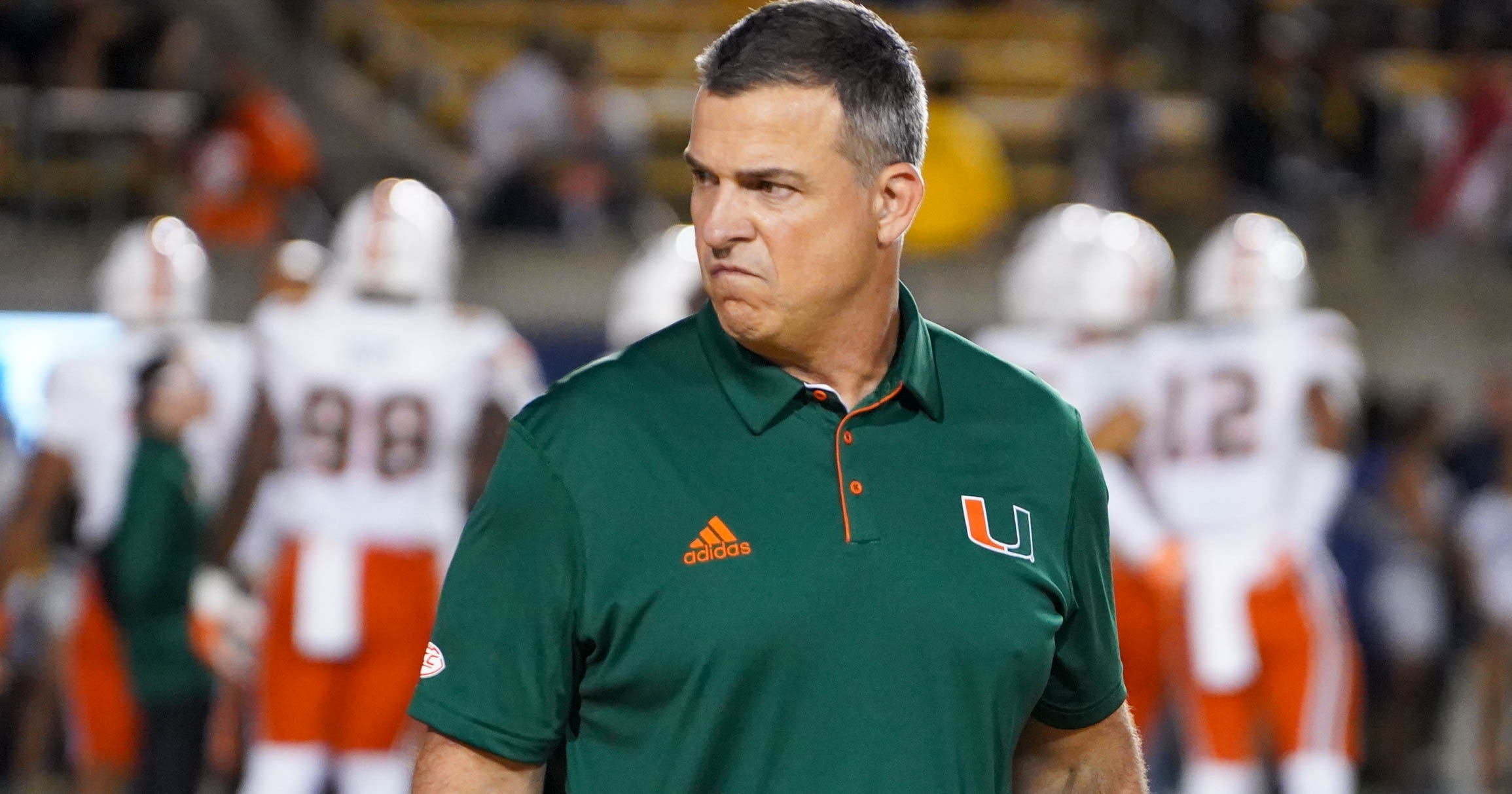
Miami Hurricanes head football coach Mario Cristobal has issued a strong warning to his players regarding potential NIL-related holdouts. Cristobal made it unequivocally clear that such behavior will not be tolerated within the Miami program.
Zero Tolerance for Holding the Program Hostage
Cristobal emphasized that at Miami, no player, regardless of their talent level, will be permitted to hold the program hostage in pursuit of a better NIL agreement. He stated firmly that any player contemplating a holdout might as well "get out," due to the team's commitment to a culture of dedication and collective effort. Cristobal asserted that coaches will not allow individual players to leverage their NIL for personal gain at the expense of the team's unity and values.
Preventing a Cascade Effect of Holdouts
Cristobal articulated a key concern: allowing one player to hold out for a better NIL deal could create a precedent, potentially leading to a wave of similar demands from other players. He stressed the importance of establishing a firm boundary to prevent such a scenario and maintain the integrity of the program. By taking a strong stance, Cristobal aims to protect the culture and ensure that the focus remains on team success and the contributions of all players who are dedicated to the Hurricanes.
"You gotta realize something; once you allow that to happen and you agree to it, prepare for a line of 80 guys doing the same thing," Cristobal said after Miami's spring game. "We're not going to do it at Miami. I say that without any hesitation. If anyone's thinking that — they could be the best player in the world — if they want to play 'hold out,' they might as well play 'get out.' We don't want to do that. We don't want Miami to become that. Too many guys have sweat and bled and have laid it on the line on that field to ever become that kind of a program."
Stay in the loop with key NIL Happenings!
Join our mailing list to receive weekly NIL newsletters on key developments in the NIL landscape.
We love NIL, but hate SPAM. We will never sell your information, for any reason.

